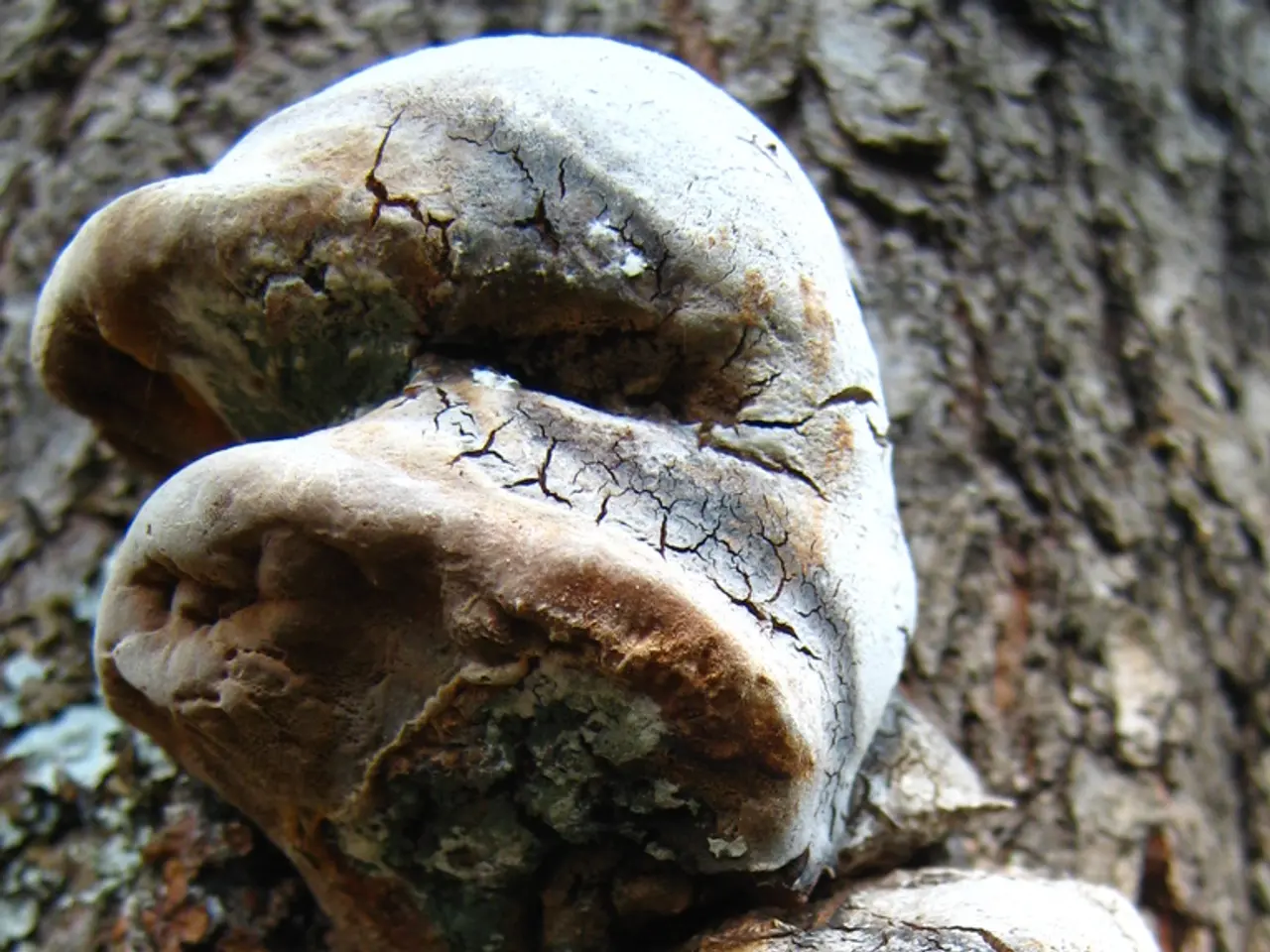Revolution in Microorganisms: A Warm Greeting to the Microbial Transformation
In an insightful interview, co-founders of Seed Health, Ara Katz and Raja Dhir, shared their vision for a future where microbes play a pivotal role in restoring and protecting not only human health but also the ecological health of our planet. The interview, edited for length and clarity, first appeared in Atmos Volume 11: Micro/Macro.
Seed Health, a microbiome science company, is exploring the potential of microbes in various applications. They are particularly interested in their role in ecological health, with projects aimed at boosting honey bee resilience, breaking down plastics, and carbon capture.
Ara Katz and Raja Dhir believe that understanding the microbiome allows us to nurture it in ways we never could before, creating a new way of thinking about health. Seed Health has developed biotics designed to transform human health from within, targeting various areas like digestive, immune, vaginal, cardiovascular, respiratory, nutritional, and skin health, and biological functions like sleep and energy regulation.
The human body is a complex ecosystem itself, containing around 37 trillion human cells and around 39 trillion microbes in the microbiome. This collection of bacteria, viruses, and fungi influences health and behavior. Seed Health's environmental research project focuses on using microbes to restore and protect ecological health, achieving concrete successes by improving soil health, enhancing plant growth, and increasing biodiversity in degraded ecosystems.
One of SeedLabs' projects, focusing on honey bees, discovered an organism called Lactobacillus kunkeei that detoxifies xenobiotics, particularly neonicotinoid pesticides. Honey bees given a probiotic with Lactobacillus kunkeei showed tremendous resistance to the foulbrood disease.
SeedLabs' second project looked at coral ecologies and found that a probiotic can increase coral's resistance to changes in pH and temperature by over two degrees Celsius. Most of SeedLabs' environmental work is trying to correct for human-induced environmental damage.
Raja Dhir states that the sum of small-scale transformations can resemble a movement, and the counterweight of past environmental destruction is starting to lead to something quite the opposite. Ara Katz compares overreliance on over-the-counter medication to treat health symptoms to only relying on carbon offsets to treat climate change.
In the context of human health, Ara Katz discusses the impact of language on shaping action, citing the example of the term 'climate change' being used instead of 'global warming' to make the issue more palatable to the public. She also emphasizes the importance of storytelling in changing language and action.
SeedLabs is also investigating the use of microbes to break down plastics, as some organisms have the ability to metabolize polymers similar to plastics. This could potentially provide a sustainable solution to plastic waste.
In conclusion, Seed Health and SeedLabs are pioneering a new approach to health and environmental restoration, harnessing the power of microbes to create a healthier, more sustainable future for all.
Read also:
- Parliamentary Meetings in the Federal Diet of Germany this Week
- Enhance anti-inflammatory activity and bolster oral hygiene by utilizing turmeric
- Swelling Number of Uninsured Individuals May Push Local Health Services to their Limits
- Amplified health insurance subsidies under Obamacare could lead to 3.6 million more people covered, according to the Congressional Budget Office, at a projected price tag of $350 billion.




